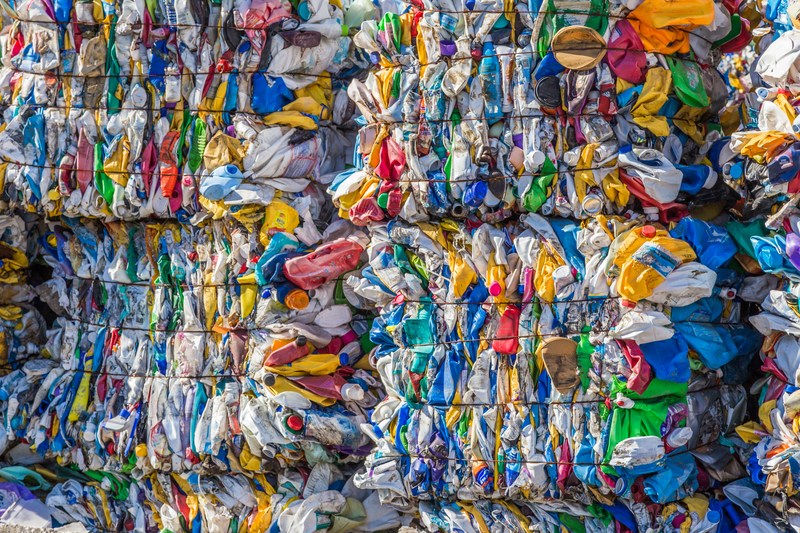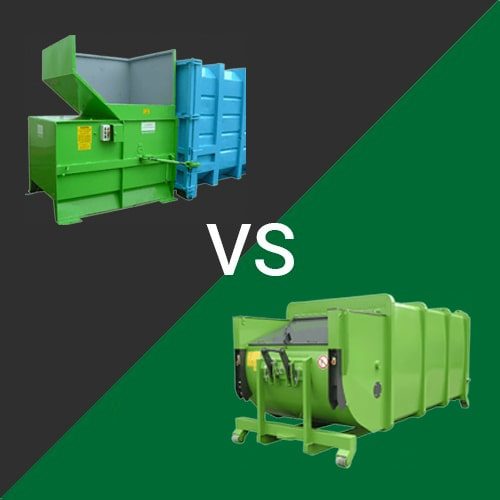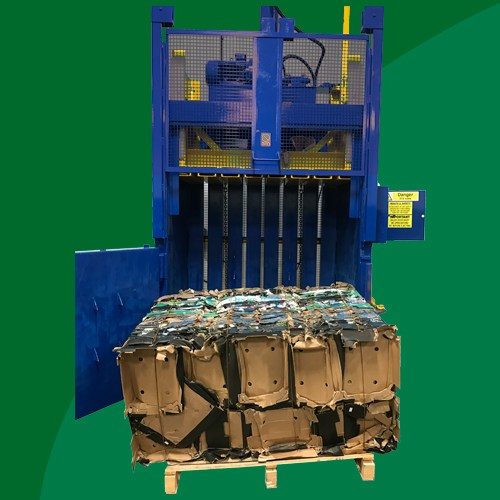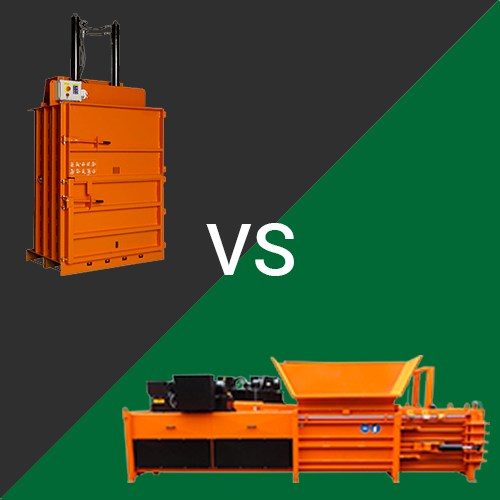Recycling Segregation Regulations for Welsh Workplaces
New recycling laws will be introduced into Wales from the 6th of April 2024. The government of Wales has now issued a new notice where they have instructed all businesses including public sector and charity organisations to carefully segregate their waste. This is an important step for the Welsh government, as it aims to move towards a zero waste policy. Apart from that, the Welsh government also wishes to promote sustainable development for which they have identified recycling as a prime tool.
Wales aims for zero waste and reduced emissions by 2050, emphasising recycling’s economic benefits, resource preservation, and Circular Economy Strategy alignment.
Overview of the Recycling Segregation Regulations for Welsh Workplaces
The Welsh Government is implementing new regulations that mandate workplaces to segregate recyclable materials, mirroring the common practice among households. This initiative aims to enhance the efficiency and volume of waste collection and separation.
The separation and collection requirements include the following materials:
- Any premise that produces more than 5kg of food waste in a working week.
- Cardboard and paper
- Glass
- Fibre-plastic composite packaging such as cartons, metals etc.
- small waste electrical and electronic equipment (sWEEE) that has been kept unsold.
- Any unsold textiles.
A ban will also be imposed on the following:
- Sending any kind of food wastage to sewers
- Directing separately collected recyclables from going to incineration plants or landfills
- Banning all wood waste from going to landfills.
Impact on Welsh Workplaces
Under the recent legislation, all businesses and organisations in Wales are mandated to segregate their waste for recycling. Starting April 6th, mixed recycling bins or collections will be prohibited, irrespective of the waste volume. Even if a skip contains cardboard waste and a few glass bottles, separate skips or bins and distinct collections will be required for each category.
Despite limited space challenges for businesses, there is no flexibility granted, necessitating the allocation of room for additional bins. Compliance with these regulations poses practical challenges, particularly for existing recycling facilities designed for mixed waste, requiring substantial investments for adaptation. This could result in elevated operational costs for affected businesses.
The impact goes beyond finances, demanding logistical alterations, such as acquiring new containers, modifying services, staff training, and creating space for extra bins. Preliminary cost analysis reveals diverse sector impacts, with hospitality businesses anticipating a 5% cost increase, while small retailers could face a 23% rise.
The regulations also impose additional challenges for businesses with space constraints, as they grapple with logistical adjustments. Collection contractors, too, must make substantial investments to assist their clients in meeting the regulations, potentially resulting in increased collection costs and added expenses due to reduced productivity and logistical complexities.
Purpose of the New Waste Management Regulation
- Establishes a long-term framework for resource efficiency and waste management in Wales until 2050.
- Builds upon the achievements of the previous National Waste Strategy, “Wise About Waste.”
- Aligns with the Assembly Government’s commitment to using Wales’s fair share of Earth’s resources within a generation and reducing the impact on climate change.
- Aims to contribute to a sustainable future by maximising opportunities in resource efficiency and waste management.
- Addresses obligations under UK law, including the requirement for a waste management plan covering hazardous, packaging, and biodegradable waste.
- Reflects the central organising principle of sustainable development, emphasising long-term, integrated, and community-involved decision-making.
How to Comply with the New Regulations
For Workplaces:
- Assess waste production and align with an appropriate waste service from your contractor.
- Evaluate the necessity for additional bins and make informed purchasing decisions.
- Develop training programs for staff and communicate changes to visitors or users of your premises.
Using equipment like waste balers for workplaces is an efficient solution for compressing and binding various types of waste materials, such as; metals, cardboard, plastic films and plastic containers into compact, manageable bales. This reduces the overall volume of waste, saving space and costs of disposal.
For Waste Collectors:
- Initiate communication with clients regarding upcoming changes.
- Assess the need for additional bins or new acquisitions.
- Implement staff training to prepare customers for the impending adjustments.
Waste compactors like a bin compactor are an efficient tool for space saving. They are commonly used for cardboard, plastic films, and general waste.
Regulation Details
Natural Resources Wales (NRW) will oversee separation requirements and waste bans, while Local Authorities (LAs) will regulate the ban on non-domestic premises disposing of food waste into sewers.
Enforcement and Compliance
Effective from April 6, 2024, pending Senedd approval, non-compliance may result in fines. NRW and Local Authorities will assist workplaces in compliance and proper waste management.
Segregation Practices
- Conduct Waste Audit: Begin by assessing the types and volumes of waste produced through a comprehensive waste audit. Landfill Alternatives provide free on-site audits for waste management after the initial phone conversation.
- Identify Recyclables: Recognize various recyclable materials, including paper, cardboard, glass, metal, plastic film, plastic bottles, and small electronic devices.
- Implement Bin System: Introduce separate bins and bin compactors from landfill alternatives for each recyclable category. Clearly label bins to facilitate easy identification.
- Educate Staff: Provide staff training on segregation practices, emphasising the importance of separating recyclables correctly.
- Regular Inspections: Conduct periodic inspections to ensure proper segregation and address any issues promptly.
- Collaborate with Waste Collector: Communicate with waste collectors to align segregation practices with their requirements, enhancing efficiency.
- Stay Informed: Keep abreast of updates to waste regulations and adjust segregation practices accordingly.
Equipment and Solutions
Explore advanced recycling and waste management equipment to ensure compliance with new regulations. Waste balers, compactors, and crushers offer efficient solutions, minimising waste destined for landfills.
Opting for Landfill Alternatives’ range provides tailored products for workplaces, including compactors streamlining waste and balers for recyclables.
These innovative tools not only enhance segregation practices but also contribute to sustainability goals. Landfill Alternatives’ products are designed to optimise space, reduce operational costs, and foster environmentally responsible waste management in workplaces, aligning seamlessly with the evolving regulatory landscape.
Conclusion about new recycling segregation regulations for Wales
Adhering to new recycling segregation regulations is crucial for environmental conservation and workplace sustainability. Compliance fosters efficient waste management, reduces landfill reliance, and promotes resource conservation.
Landfill Alternatives is dedicated to supporting Welsh workplaces through expert advice and top-notch equipment, ensuring seamless compliance, and contributing to a greener and more sustainable future.
Evaluate the waste management practices in light of new regulations. Trust Landfill Alternatives for expert guidance and cutting-edge equipment. Use our waste configuration tool to explore solutions tailored to particular needs.
How does our waste configuration tool works?
‘Waste Configurator’ transforms the process of finding the ideal baler, compactor, or crusher for your business into a hassle-free experience. Completing this process in three simple steps, and in under two minutes, guarantees that you’re matched with the right equipment, eliminating any guesswork.
Discover the simplicity of selecting the right waste management solution by watching our tutorial video
Contact for a consultation and free on-site audit, ensuring compliance with regulations while advancing sustainability in your workplace.



